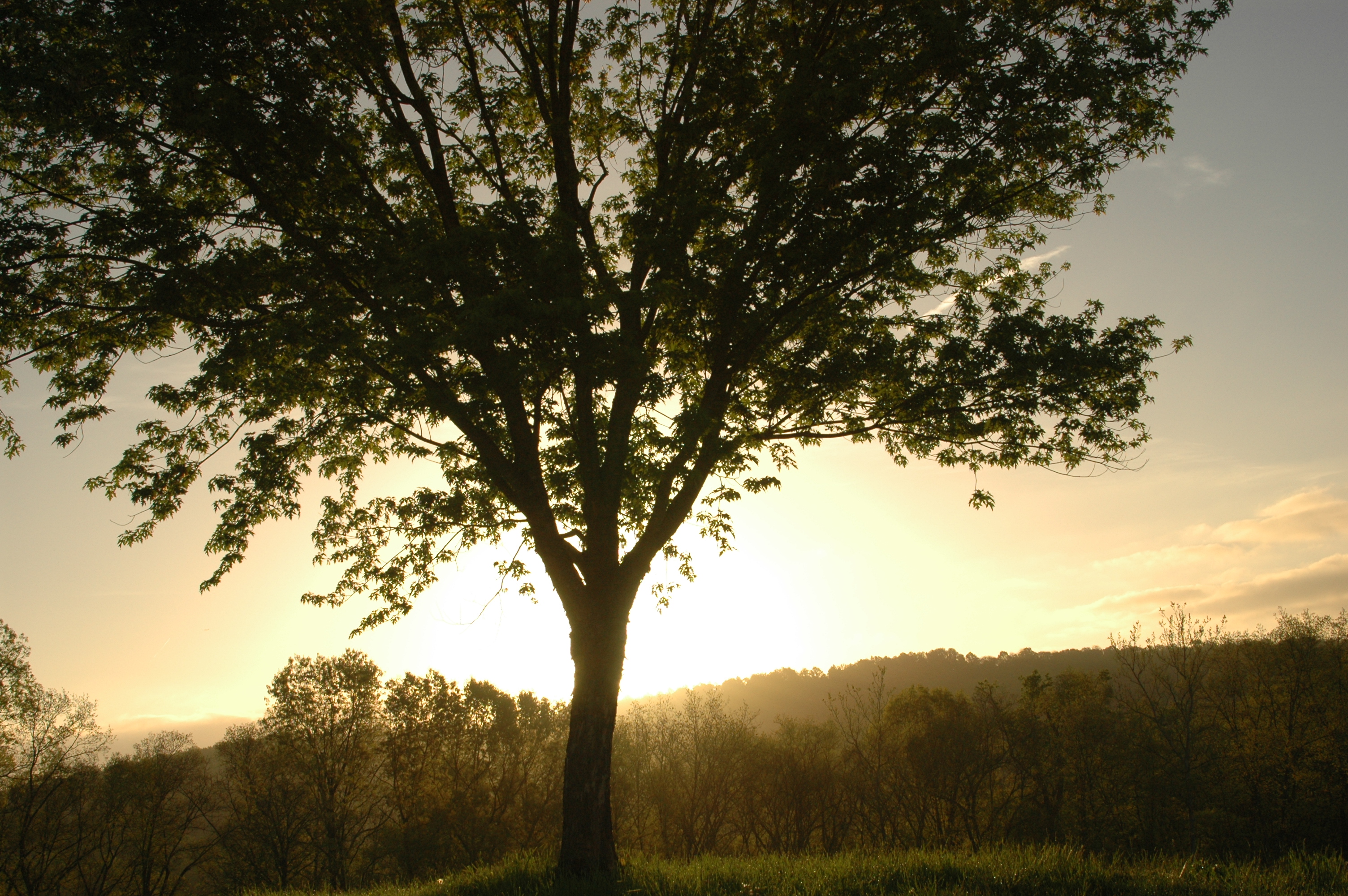
Church retreat weekends have always had a special place in my heart. I love the change of scenery and being in nature. I particularly love the way that being apart from the routine seems to stretch time. It allows you to look back on yourself and your life in new ways. Each spring, our little urban church family flees the city for a weekend away in the hills of Northern Virginia or Maryland.
It was on one of those retreats, two years ago, that I first made the decision to leave the PhD program and be a writer. The components of that particular retreat allowed me to remember what was really important to me: we spent time partaking of Scripture, fellowship, meditation, creative celebration, and transcendent art.

1.) It was grounded in the Word.
I am going to be honest. When I heard that the theme of the Retreat was going to be about how to study the Bible, I was not very enthused. I mean I wouldn’t have told you that, but it’s how I felt. I didn’t want more guilt about what I wasn’t doing enough of (i.e. reading the Bible). I already had a lot of guilt about what I wasn’t doing enough of (i.e. reading comprehensive exam books). But as I walked into that old stone barn converted into a worship space and heard the first session talk, something inside me gave way.
The Oxford English Dictionary defines the noun “retreat” first as an obscure 14th century word meaning “a blow”. And that’s how I felt in my seat in the old barn: like God just blew over my pile of guilt about all the things that I wasn’t doing and couldn’t do. I was reminded that evening that I can come burdened and heavy laden to the Scriptures and instead of adding to my load, I can leave with an easier yoke, a lighter burden.

2.) It was in the context of Community.
In the afternoon after the teachings I had a meeting with the leadership of the Women’s Collective. (This is the women’s ministry at our church, named to emphasize everyone bringing their gifts and experiences to the table.)
We were meeting just to check in, and the experiences at the table on the patio of the quaint Virginian manor house that afternoon were raw. It was a season of struggle for a lot of us. And in that safe space I heard myself saying, “I think I might need to leave my program. I am really sick. And graduate school is not a nurturing or healing place right now.”
I didn’t really plan to say it. I didn’t even know that I believed it yet. It just seemed to slipped out, and I watched it spill out into this circle of women who I in equal parts trusted and desperately wanted to think I was smart and accomplished. And I could see in their eyes that leaving school wouldn’t change the way they cared about me. They just nodded and put hands on my shoulder and prayed for wisdom. They had been praying for me to get better and for my work in the program for years. And they knew that what I said was true: it wasn’t a healthy place for me.
The Oxford English Dictionary, continues the definition of the noun “retreat” with the 15th century definition: “an act of leaving or escaping from a difficult or dangerous situation.” Community helps us identify the places and relationships that are harmful to us.

3. It was filled with Quiet Reflection.
After prayer finished, I slipped down to an open-air pavilion for the free time activity of yoga. I had missed doing yoga the year before at the retreat because I was writing a paper. It was a terrible paper about the Marian Exiles, that I had to write and rewrite and rewrite before it wasn’t what I wanted or my professor wanted. But this year I went to yoga. I went and breathed in the spring air of rural Virginia.
I didn’t even have a yoga mat. I used someone’s beach towel. It was really only the second or third time I had ever done yoga. But there it was, waiting for me with all my dance training. And I felt deep in my muscles that what I had whispered to those women was true: Graduate school was not a healthy or healing place for me.
By the turn of the 16th century, the Oxford English Dictionary says that the noun “retreat” also meant, “A place providing privacy or seclusion for the purposes of prayer, study, or meditation, or for rest and relaxation.” Yoga with its focus on breath and being aware of tension is one of the ways that I find I am able to meditate, pray, and practice rest.

4. It was a place to Share My Writing.
That evening after dinner we had our annual variety show. It was a time for little skits or poems or songs about church life. That year, I wrote a vignette for the women’s collective to perform. We had gotten a lot grief that the term “collective” sounded a bit communist. So I wrote a little play called “The Doily Revolution” about the “true origins” of our name.
It starred communist-feminist Comrades Che-lean Guevara, Karla Marx, and Fidela Castro overthrowing an Annual Ladies’ Missionary Church Luncheon Tea. There were hipster references to kale and Wendell Berry. We performed it well. I felt so alive. I created a story that people resonated with and that made them laugh. (The next year I wrote another one with Evan.) It is so good to capture the beauty of your community and to share it with them in jubilant celebration.
By the 17th century The Oxford English Dictionary says that another meaning of “retreat” in Guernsey Law was “recovery of an inheritance; the right to recover this.” And that’s what I found in stretching my creative writing muscles to write that little play; I wasn’t just leaving I was also coming home. I was returning to what I had wanted to do for a long time, but had not thought I could. Writing is still filled with danger and risk, but it’s the good work that is set out for me to do in this season, and that is a good and secure place to be.

5. It was a place to experience Transcendent Art.
The next morning I heard one of most beautiful sermons I have ever heard. It centered on the text of JRR Tolkien’s “Leaf by Niggle.” It is a beautiful little allegorical story about how Niggle paints one leaf at a time to create this beautiful tree in his mind that never quite comes to fruition. There are a lot of interruptions and a lot of frustrations and limitations. And then later when he goes on a journey that is the way that Tolkien talks of heaven, he is given a vision of his tree in its full glory, how it had been in his heart, but not fully on the canvas. And as I heard that story, wept along with everyone else in the room at the beauty of the sermon, and heard the testimony of my fellow parishioner on Caravaggio’s 1605 Madonna with Child and St Anne and her own journey to motherhood, I felt a deep reassurance that my life’s work, my tree to paint leaf by leaf, was to write.
As, the Oxford English Dictionary says, one of the most common definitions of retreat is “A place providing shelter or security; a refuge“. And when I fill my life with Scripture, Community, Quiet Reflection, Creative Production, and Transcendent Art, I am able, as I did that weekend, to take a deep breath and find a refuge in God and continue on the good path He has for me to walk in.

Have you had a powerful experience on a retreat? What helps you make big decisions?

I’ve recently come across “Leaf by Niggle” myself. It’s mentioned in Tim Keller’s EVERY GOOD ENDEAVOR. What a beautifully encouraging, freeing story!
Thanks Caroline! I couldn’t believe that I hadn’t heard of it before then, but it is such a gem. They say that Tolkien, the king of the slow methodical work, wrote it in one night. I love the bit right after what I quoted when he talks about how his best leafs were ones that were in collaboration with his interrupting and needy neighbor Parish. We all have Parish’s in our life that seem to get in the way but help us create our most true work.